Cerritos College Falcons Rising and Talon Marks hosted a Racial Justice and Equity Forum on Jan. 28. The Black Lives Matter Movement Dialogue, titled “Turning from National Rhetoric to Campus Action,” was and focused on potential policy changes to address campus safety and policing.
The panelists in attendance were President Jose Fierro, Campus Police Chief Don Mueller, Student Trustee Johnny Wallace, faculty Dr. Sheila Hill and Dr. Chris Richardson.
It was moderated by Editor in Chief of Talon Marks, Sean Davis, and Managing Editor Daniel Suarez. Professor Joy Tsuhako acted as executive moderator and coordinator for the event.
Davis posed the initial question, “What are your thoughts on the Black Lives Matter movement, police reform and police abolition?”
“These are my personal views, not necessarily the views of the district,” Fierro said, signaling that he was unable to endorse any policy proposals other panelists might introduce.
“It is not enough to say ‘I’m not racist.’ It’s not enough to say ‘I’m in support of this or that.’ We need to act in an anti-racist way,” he said. “If you’re doing nothing, then clearly you are endorsing the behavior.”
“We should all expect the same from the police. If their purpose is to serve and protect, I should be served and protected regardless of the color of my skin,” said Fierro.
“I want to know how we are going to understand our students and their lived experience,” said Dr. Hill. “Then let that inform us in terms of the type of campus safety and campus policing that we do.”
“Most of the students who come to campus are faced with a lot of trauma. How do we address our services? When students come to campus, it doesn’t stop. The way they arrive on campus is the way they need to be supported,” Hill said
Suarez mentioned the previous panel discussion and how it focused on the history and origin of the armed police force and their duties even in Colonial America, how it grew from there and its link to mass incarceration.
Suarez asked Mueller if he supported crimes against police being tried as hate crimes.
“That’s not what hate crimes were designed for,” Mueller responded. “Hate crimes are designed to protect groups of individuals who are targeted based on who they are, and they commit this type of crime because they want to send a message to everyone who is like that person.”
“Police are not targeted on a large-scale basis. There is no reason we need to be protected in the same way. It’s not the same thing,” Mueller said. “We need to speak out for Black Lives Matter because black lives are the ones under attack.
“I believe in Blue Lives Matter, but we shouldn’t be speaking out for it because they are not under attack. Black lives have been under attack for a while now, and that’s why they need to be at the forefront of our speech, our talk and our movement right now,” Mueller said.
Mueller was passionate in speaking about how he sees the structure for the Campus Police moving forward:
“I believe that all people are protected under the Constitution. Not all men but all people. We are here for the students and want to see them succeed. It is my hope that when we are back on campus the students will know all of the officer by first name and that they will feel safe so they can succeed,” he said.
Dr. Richardson, who coaches track and field, shared experiences of his athletes expressing how they feel unsafe while on campus.
“I feel responsible since the only reason these some of these students are on campus is because I have gone out and recruited them,” Richardson said. “I have to do that much more work to help them feel comfortable which in turn helps them feel confident and put themselves in a better position in an academic realm.”
“I’ve been in good and bad situations, even with our own campus police, having a gun pulled on me, being pulled over, having backup come because of my height and weight,” Richardson said.
Another primary concern of Dr. Hill’s is the concern she has for students who distrust college faculty and staff and for students who are struggling with mental health issues.
“Students are afraid that if they cannot express themselves in the right way, campus police will be called on them, and that’s not a good environment to have,” Hill said.
Suarez indicated that there maybe a lack of transparency with the college budget. He said he could not locate how campus police funds are spent.
“Any expense we make it put on the planning and budget website,” Fierro said.
“The budget of our police department is somewhere around one million dollars and our campus budget is about $110 million.”
Davis’s final question to Fierro was to ask if the school would be willing to commission a poll to figure out how students feel and think about their relationship with the police on campus.
“I am open to having a conversation about what you are looking for,” Fierro said.
“When you ask a blanket question, you get a blanket answer. We have to look at reports so we can find some common denominators to provide answers to the questions,” Fierro said, despite his earlier statement that reports do not show the whole picture.
Davis pointed out this contradiction, saying that the point of a poll would be to show what the reports were not showing.
“The point is to answer a question that you have, so I’m asking what question would you ask,” Fierro said.
The forum’s suggestions were professional development opportunities for faculty and staff, funding for peer to peer mental health support and a student oversight committee to hold the police accountable.
The next Falcon Rising Black Lives Matter Discussion will be on Feb. 18, at 2 p.m.
EDITOR’S NOTE: A line in this story was updated to clarify that Dr. Fierro was sharing his “personal views” not to stymie policy change but rather that he wasn’t able to endorse policy changes proposed by other panelists.




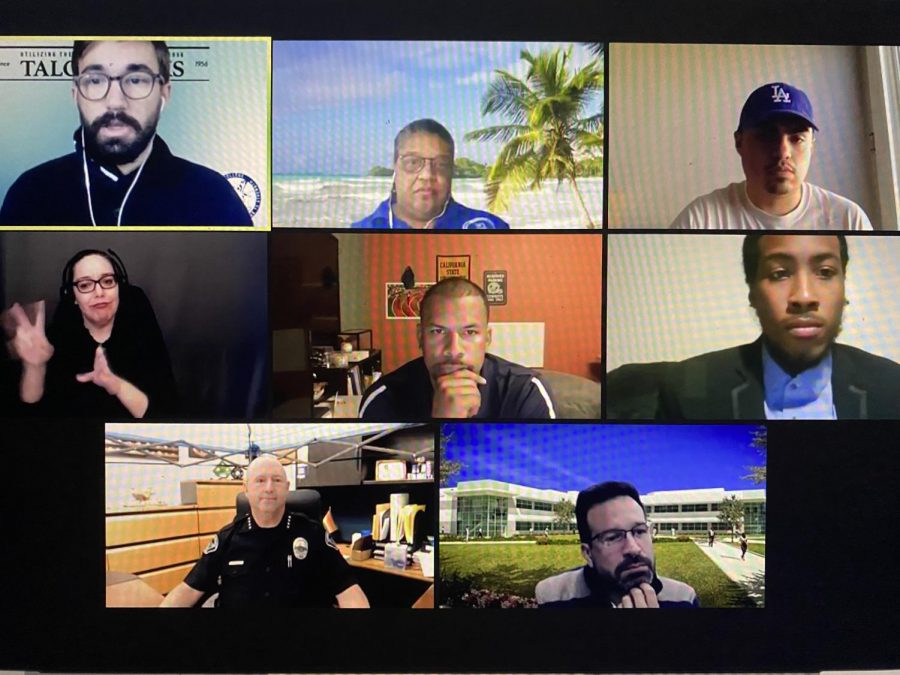
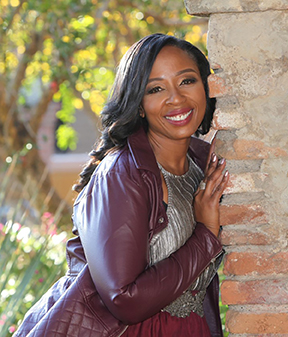
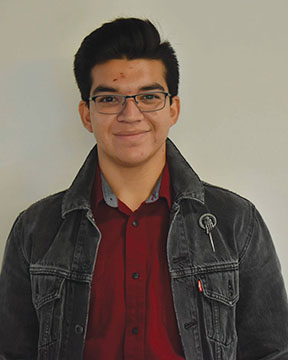


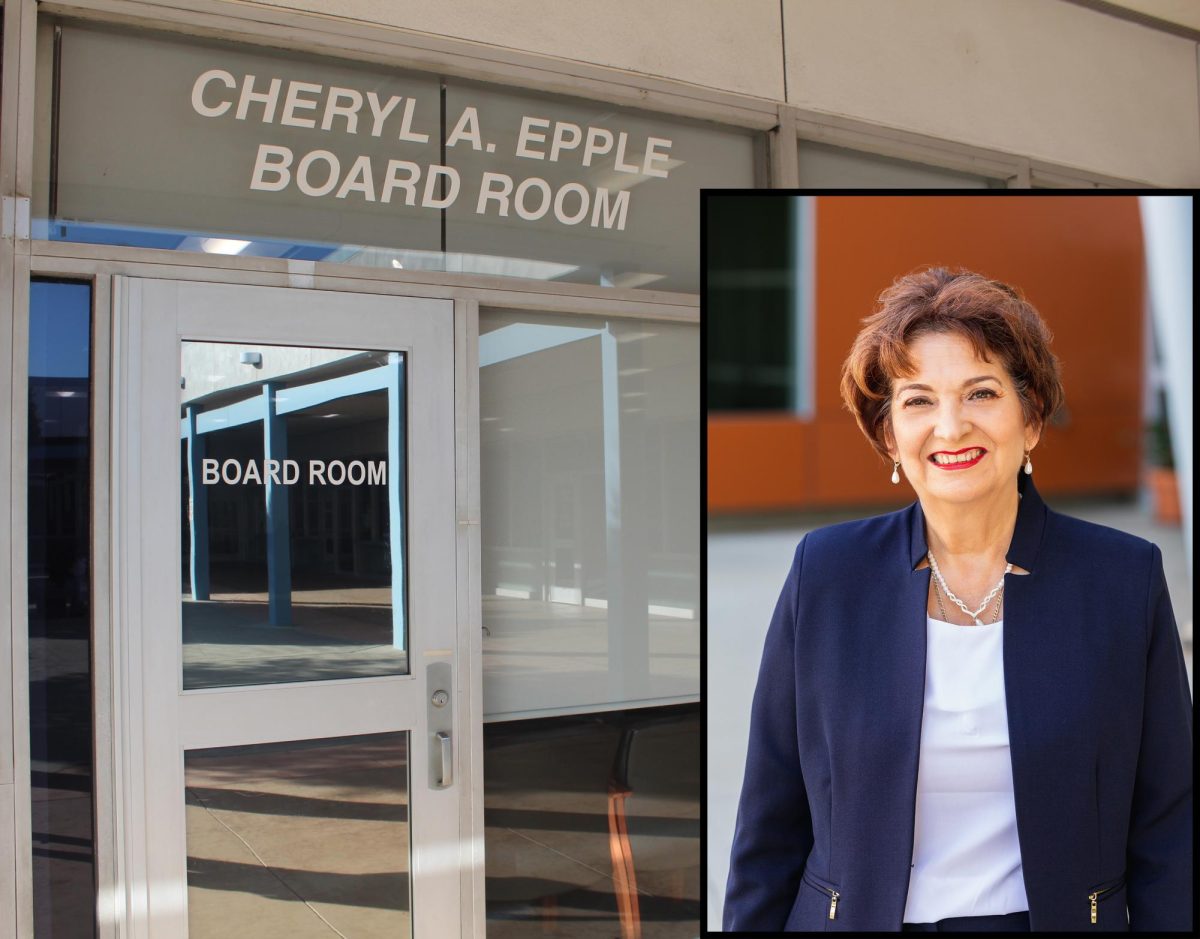

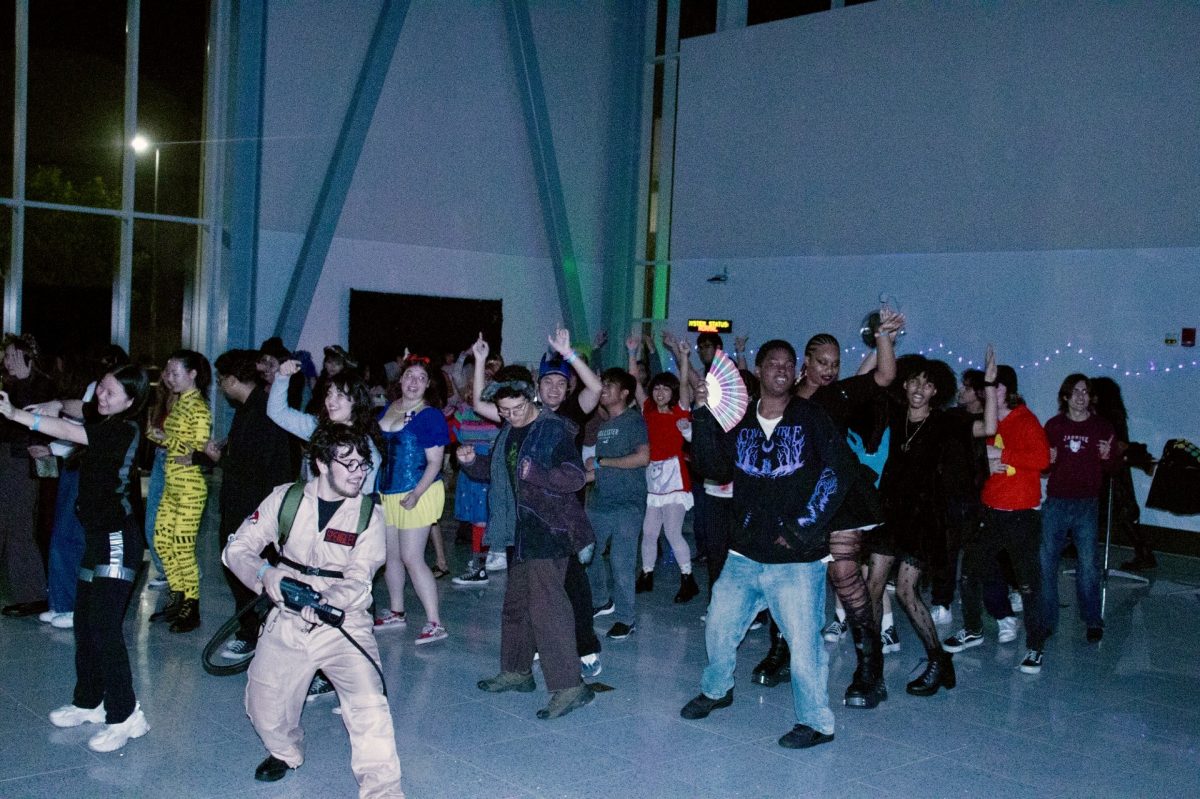



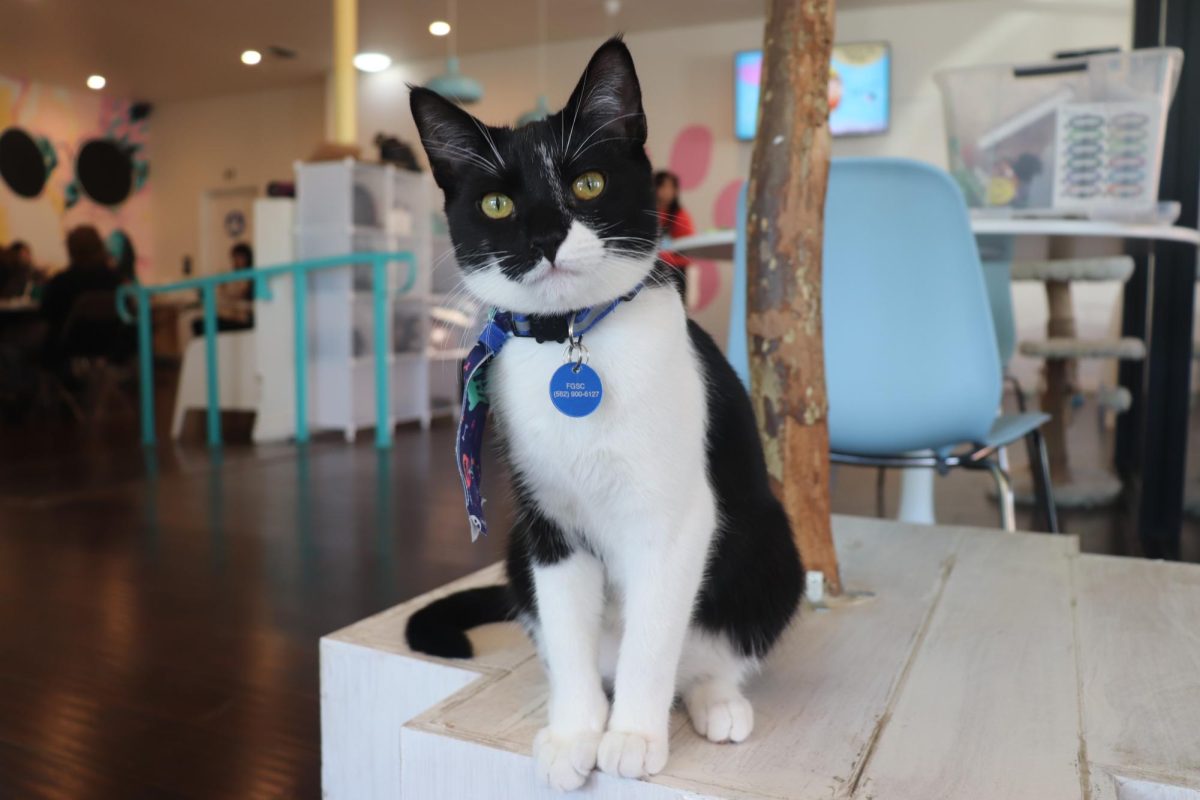
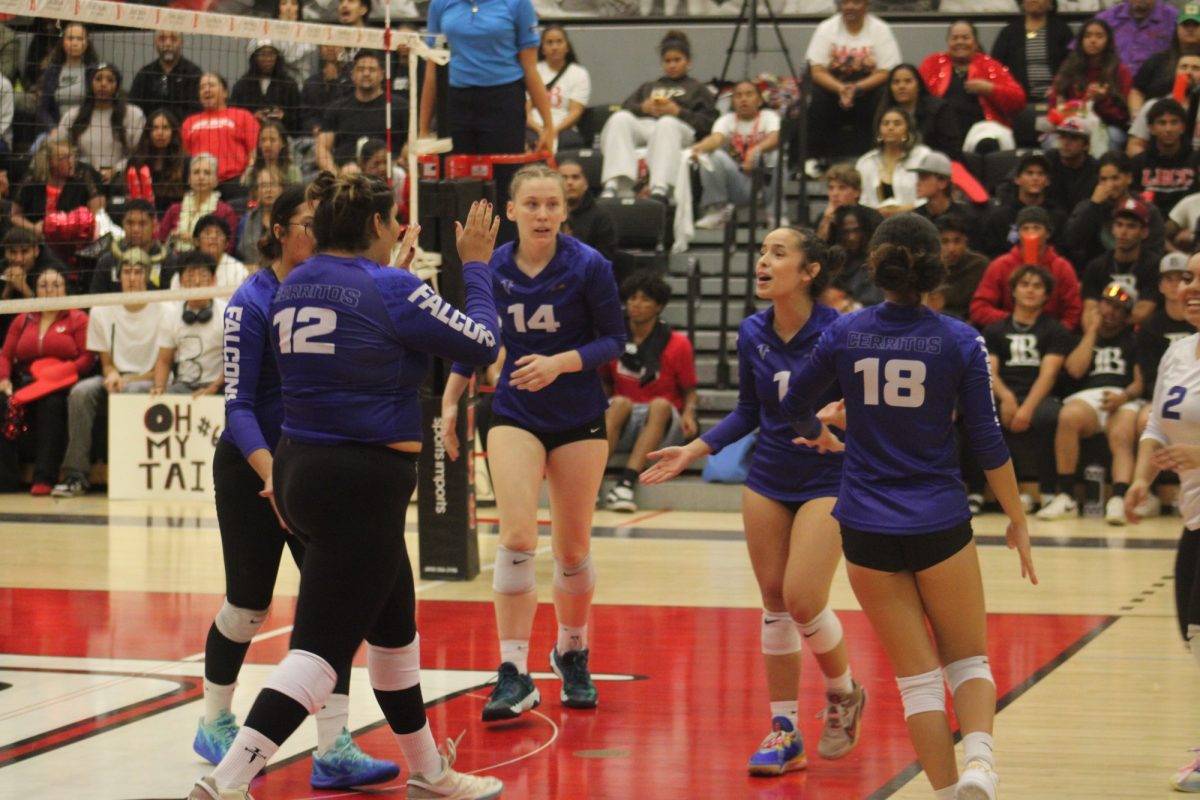
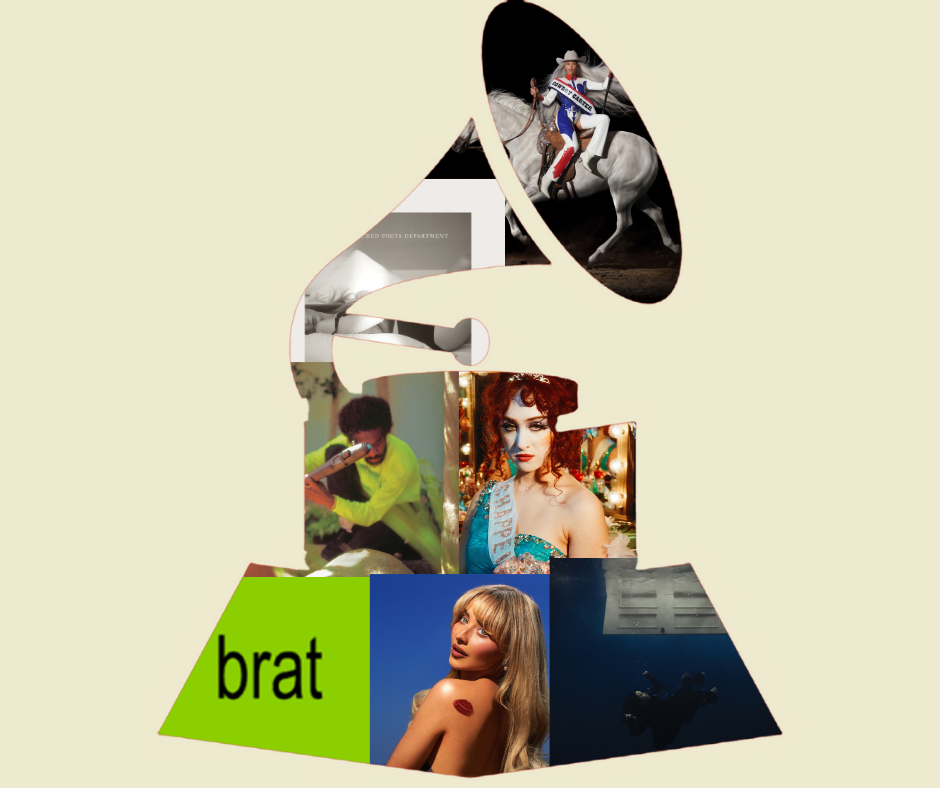
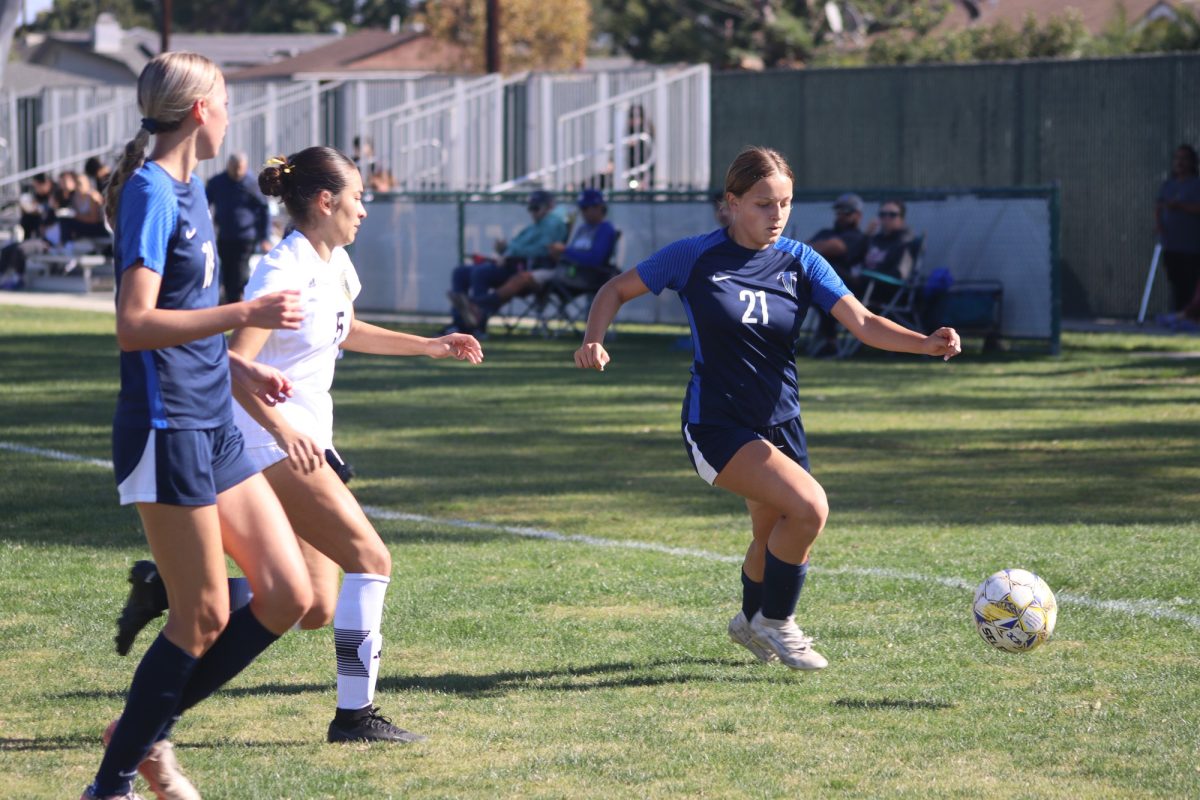
A.Student • Mar 3, 2021 at 7:47 am
Miya, seems freedom of speech doesn’t sit well with your office.? If any “mischaracterizations” or “a little misleading”, as you state. Why not revisit the communication with the Editor and demonstrate the partnership we like to see as Students. A subsequent, revision could have been completed, if required.
Seems like your experience/training in “strategic public relations and rhetorical analysis”, may have superceded… partnerships, collaboration and embracing the 1st amendment.?
Miya Walker, Cerritos College Director of Public Affairs • Feb 1, 2021 at 3:09 pm
Hello editors,
Looks like this story is a little misleading. The article indicated that Dr. Fierro signaled “policy changes were unlikely” with regard to recent social justice movements, and that contradictory statements were made regarding the possibility of conducting a student poll.
The article incorrectly judged that Dr. Fierro was expressing his personal views signaled “that any policy changes were unlikely.” In fact, as a policy making body, the Cerritos College Board of Trustees has expressed that Cerritos College has a responsibility to provide educational and support resources confronting anti-blackness, systemic oppression, privilege, and the role that we and our communities play in upholding systems of systemic oppression (Sources: June 3, 2020, Item 5.05 Resolution 20-0603L Condemning the Killing of Mr. George Floyd and Affirming Commitment to Stand Together Against Systemic Oppression, July 1, 2020, Item 4.02 The Call to Action from the Chancellor’s Office and Response from Cerritos College, August 19, 2020 Item 5.01 Consideration of Adoption of 2020-2021 Board of Trustees and President/Superintendent Goals, January 21, 2021, Item 4.05 Progress Report on the Response to the Chancellor’s Office Call to Action).
Most recently, Dr. Fierro’s presentation at the January 21 board meeting on responding to the Chancellor’s Office Call to Action highlights several policy changes either completed or underway. Changes to the Campus Police Policy Manual is one notable example.
Additionally, the article mischaracterizes Dr. Fierro’s reply to Sean Davis’s final question at the forum. The article states that the question was to “ask if the school would be willing to commission a poll to figure out how students feel and think about their relationship with the police on campus.”
Davis’s final question was:
“Would the school be willing to, say, commission a poll to figure out how students feel about their relationship with the police on campus, how they feel seeing them on campus, as well as maybe include the faculty in this poll, just so that we have a baseline temperature taking to understand what the feeling of the campus is but also maybe where we could transition based on those results?”
The question was formulated in a way that made it appear that such a poll might be broad and open-ended, to which Dr. Fierro replied that he was open to having a conversation about the intent of the poll, and explained his position as follows:
“When you design a poll or a study, you need to know what you are looking for to be able to design the questions and then be able to formulate a plan. A blanket statement of, “how do you feel with the police?” will yield blanket responses that oftentimes are not actionable. So I go back again, let’s look at reports and incidents and say this is what we identified…let’s design something that provides us answers to these particular type of issues.”
In the article, Davis goes on to say that Dr. Fierro’s statement was contradictory. It was not. Dr. Fierro suggested to have a discussion and review campus-specific reports and data to consider a survey in which the results may lead to actionable goals for the college to achieve.
I encourage the Talon Marks staff to seek out campus leaders who have been engaged in this work to learn more about the collaborative efforts our campus has been making. For instance, Chief Mueller is doing a lot of good work around campus police policy. Each campus division–Student Services, Academic Affairs, Human Resources and Business Services–continues to foster open dialogue, allocate funding, maintain momentum, and pose difficult questions to the campus in order to move forward to address structural racism. Again, as a starting point, the January 21 progress report on the college’s response to the Chancellor’s Office Call to Action contains a wealth of information.
Lastly, accurate reporting with regard to equity, systemic racism, social justice movements and related sensitive topics are of utmost importance to the college. We are making a great effort to ensure the public and students are aware that the District continues to take action toward social justice and addressing structural racism.
Feel free to contact me with any questions or concerns.
Thanks,
Miya